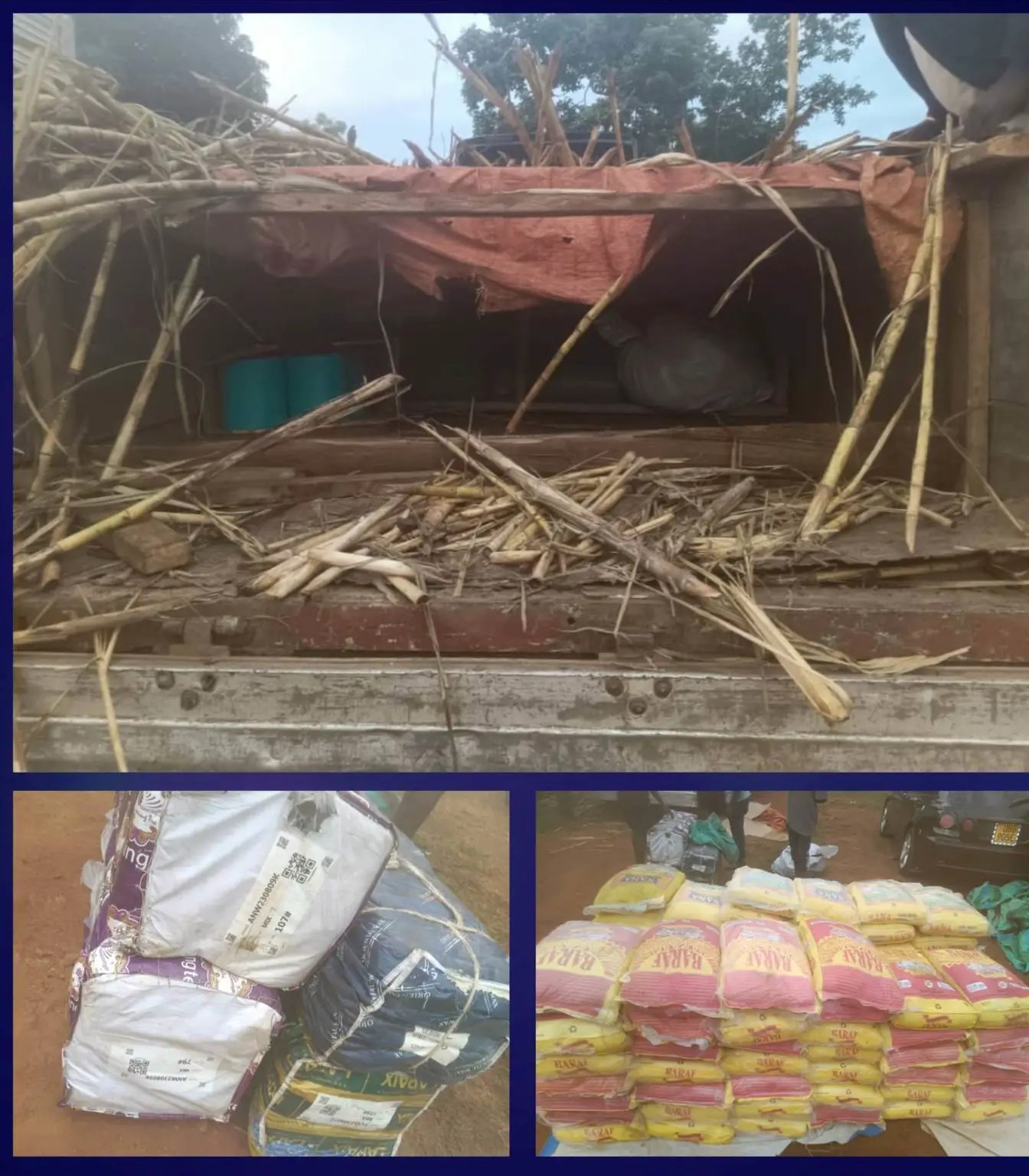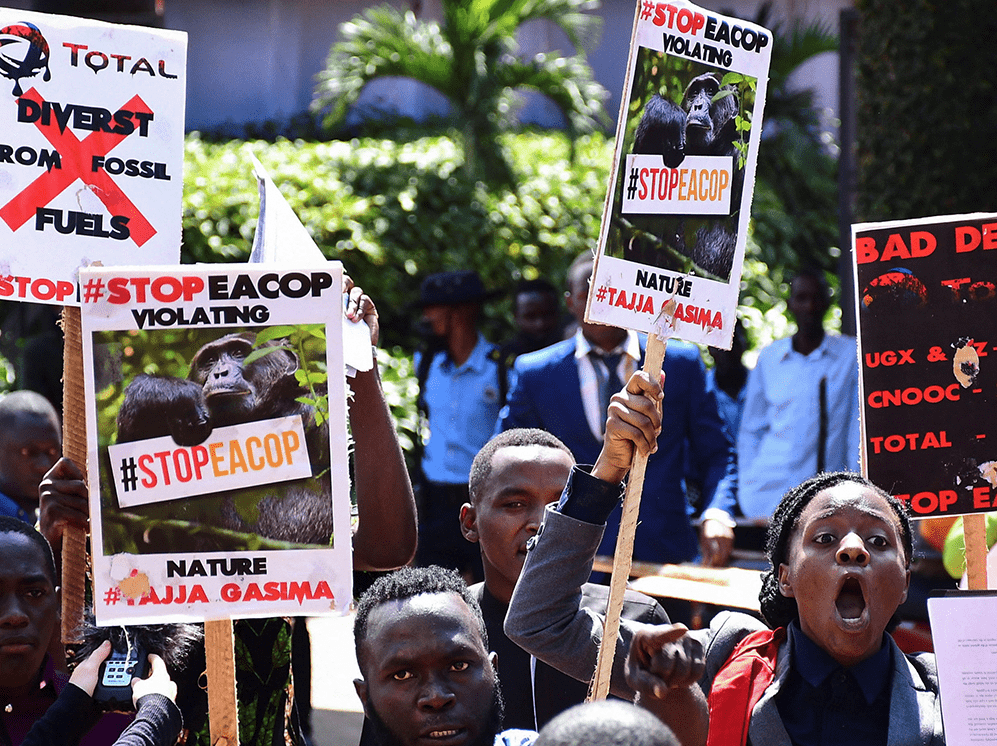Uganda has faced significant challenges due to non-tariff barriers (NTBs) imposed within the East African Community (EAC), with Kenya being identified as a major contributor to these obstacles.
Despite efforts to address the high cost of doing business in the country, including issues raised by President Museveni in his end-of-2023 address, Uganda’s manufacturing and export sector has managed to extend its presence beyond national borders.
President Museveni cited high energy costs and exorbitant financing as key factors contributing to the high cost of doing business in Uganda. Additionally, logistical challenges such as poor storage infrastructure and an uncoordinated transportation system further exacerbate the situation.
The country’s manufacturing and export sector primarily consists of cottage industries, agro-processing, food and beverages, household products, construction materials, and fast-moving consumer goods. Despite the growing demand for Ugandan manufactured export goods within the EAC, accessing the regional market remains a challenge for exporters.
In 2023, the EAC remained the top destination for Uganda’s exports, accounting for 43.5% of total exports, followed by the Middle East and Asia. However, the persistent presence of NTBs hinders trade within the EAC, contrary to the commitments made under the EAC Common Market Protocol.
NTBs, as described by trade economist Mr. Africa Kiiza, encompass restrictive regulations and procedures that increase the difficulty and cost of importing or exporting products. These barriers include import licensing, pre-shipment inspections, rules of origin, customs delays, and other mechanisms that impede trade.
The United Nations Conference on Trade and Development (UNCTAD) estimates that NTBs are three times more restrictive than regular customs duties and could potentially result in a $20 billion increase in GDP growth if addressed at the continental level.
At the regional level, recent reports estimate the direct costs of NTBs within the EAC at nearly $65 billion, significantly impacting trade and decreasing it by an average of nearly 60%.
Uganda has been identified as one of the main victims of EAC-imposed NTBs, particularly those originating from Kenya. These barriers include arbitrary import levies, restrictions on certain products, and questioning the origin of Ugandan goods, even with valid certificates of origin.
The Uganda Manufacturers Association (UMA) has raised concerns about Kenya’s tendency to arbitrarily restrict Ugandan exports, affecting sectors such as poultry, milk, and sugar. Despite these challenges, President Museveni has objected to calls for retaliation, emphasizing the importance of regional integration for Uganda’s prosperity.
Efforts are underway to address NTBs, with organizations such as the Uganda National Bureau of Standards (UNBS) working to ensure that Ugandan products meet international standards, facilitating export trade.
Additionally, the Uganda Export Promotion Board (UEPB) collaborates with government agencies and the EAC Secretariat to address emerging NTBs and enhance export readiness among local producers.
Despite facing significant hurdles, Uganda remains committed to addressing NTBs within the EAC to promote intra-regional trade and economic growth.




















